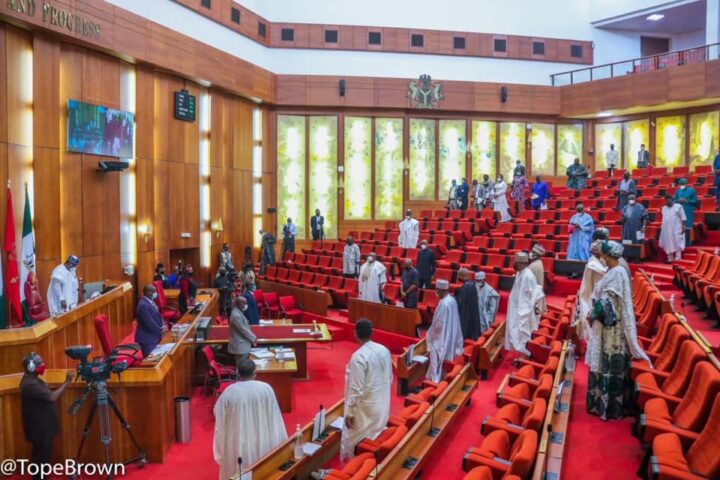Nigeria’s government bonds were dumped at its fastest pace in three months on Monday, following Moody’s downgrade of the country’s credit rating.
The extra yield investors demand to hold Nigeria’s dollar debt instead of treasuries widened 49 basis points to 780, according to JPMorgan Chase & Co. data.
JP Morgan said Nigeria’s bonds had outperformed other African and emerging market issuers over the last six months before the Moody’s downgrade.
Last weekend, Moody’s, a US-based rating agency, had downgraded Nigeria’s credit rating from B3 to Caa1, saying the government’s fiscal and debt position was expected to continue to deteriorate.
Advertisement
Atiku Abubakar, presidential candidate of the Peoples Democratic Party (PDP), had blamed the President Muhammadu Buhari-led administration for the downgrade of country’s credit rating.
According to Bloomberg’s, report, the rate on Nigeria’s 2032 bonds jumped 56 basis points to 12 percent, also the most since October.
It said forward contracts on the currency traded 28 percent weaker than the official rate on the one-year tenor.
Advertisement
The news agency said the development threatens to send Nigeria’s credit spreads down to distressed territory, widely described as 1,000 basis points above treasury yields — as the country battles slow growth, fiscal strain, and a dollar squeeze.
“Nigeria faces significant structural challenges and we do not take it as a given that the mild improvements following the elections will be sufficient to counter them,” Kaan Nazli, a senior economist and money manager at Neuberger Berman Asset Management, was quoted as saying.
“There would also be the concern of a spillover into the broader region given it is one of the largest sub-Saharan economies alongside South Africa.
“The nation isn’t a debt-default candidate in the near term, but that risk could increase the next year if fiscal consolidation doesn’t occur.”
Advertisement
Add a comment






